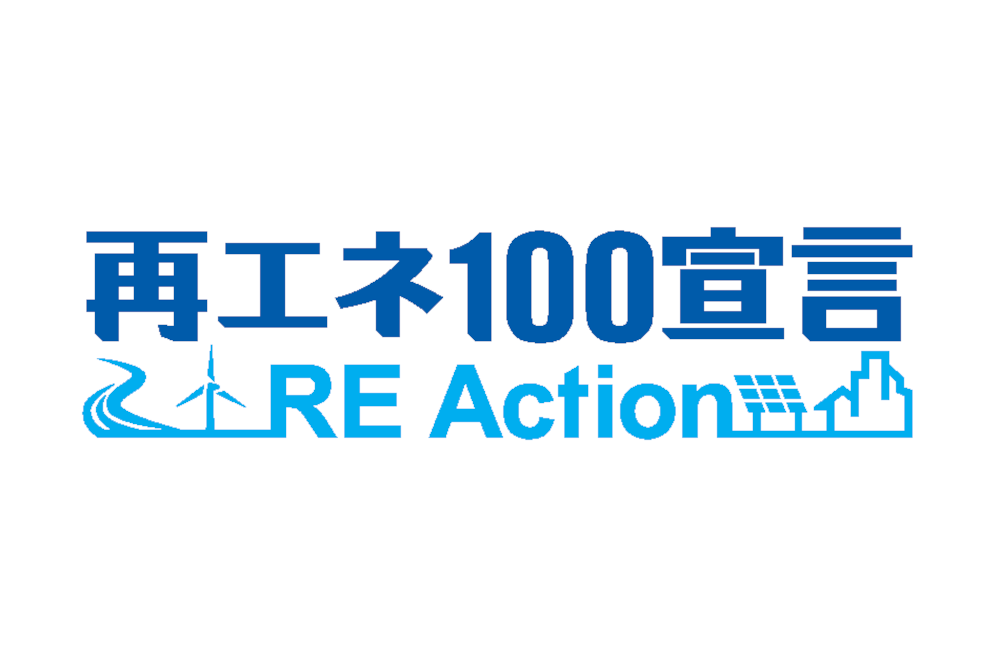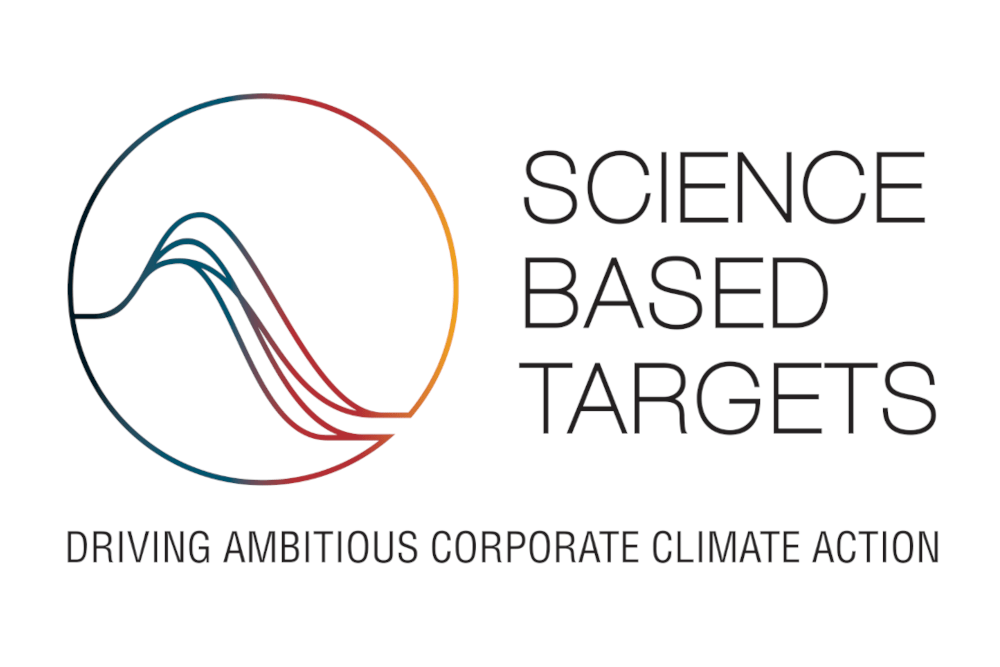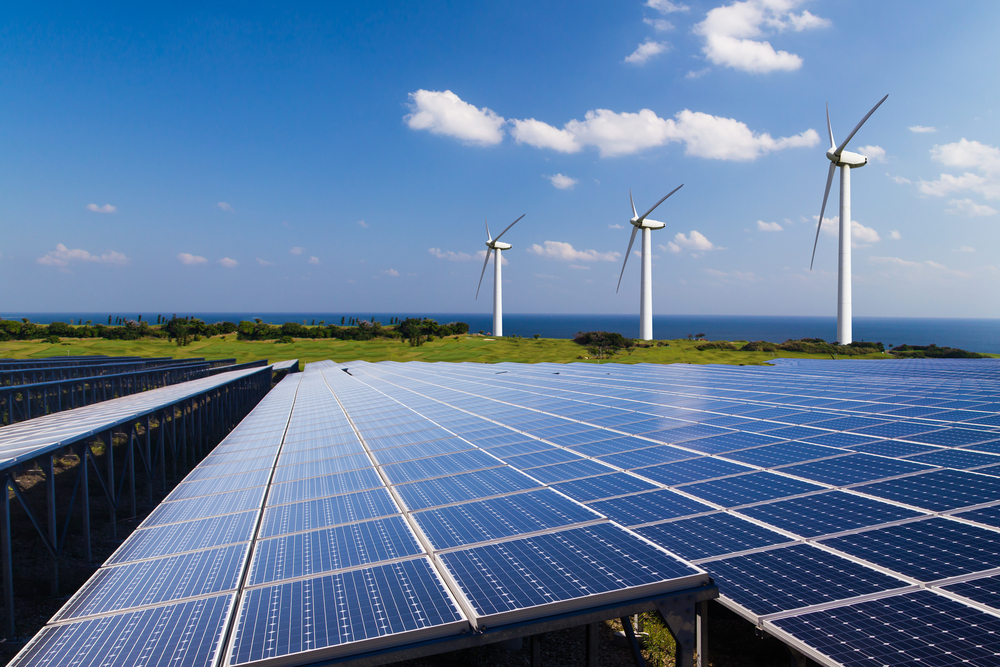As environmental crises such as climate change and biodiversity loss are becoming serious, digital technologies are gaining attention to address those issues. However, the environmental footprint of going digital itself is not so often talked about. Currently, the digital industry account for about 2% of greenhouse gas emissions in the world, and the emissions are estimated to increase due to technological advancement such as 5Gs and the rise of digital population.
Also, we need electronic devices such as smartphones and laptops to get access to the content in the digital world, and a huge amount of natural resources are being used in the manufacturing process of those devices. In 2019, the amount of E-waste reached 5.3 million tons, and it is predicted to double by 2030.
Given those situations, we can literally say “Digital is Physical,” and indeed operating digital magazines have a big environmental footprint. As we aim to make the world a better place with a mission of “Publishing a better future,” we cannot ignore the contradiction if our business causes an opposite result.
That is why we have been making various efforts to positively impact the planet by placing zero carbon and zero waste on our main environmental sustainability target.
Zero Carbon
We have been offsetting the CO2 emissions in Scope 1, 2 since the fiscal year 2019, and currently, we are working on reducing emissions in Scope 3. Our final goal is to become carbon negative through its whole operations.
We also offset the CO2 emissions of all our media operations from our media operations including web servers and editors’ business trips.
100% renewable energy declaration “RE Action”
We joined the “RE Action” initiative that requires businesses and municipalities to commit to take action to achieve 100% renewable energy operation. We are promoting renewable energy use by working with other member organizations.
[Reference] 100% renewable energy declaration “RE Action” (External link)
SBTi(Science Based Targets Initiative)
We signed SBTi 1.5 target and committed to reduce greenhouse gas emissions in scope 1,2 by 50% by 2030 and to measure and reduce emissions in Scope 3.
[Reference] SBTi(Science Based Targets initiative)(External link)
Reduction in Scope 1, 2 emissions and offset
We have been reducing Scope 1 and 2 emissions and offsetting the remaining emissions since the fiscal year 2019 through the following efforts.
- Various energy-saving efforts in our office
- Reduction of office energy consumption by promoting remote work
- Renewable energy allowance (2,000 yen/month) to promote the use of renewable energy at employees’ homes
- Purchasing green energy certificate, etc.
Voluntary efforts to reduce emission in Scope 3
In order to reduce Scope 3 emissions, we are implementing various initiatives as follows.
- Carbon offsetting of all business trips
- Offsetting CO2 emissions of our media operations
- Practicing circular procurement
- Zero-waste challenge for waste reduction
Zero Waste
Zero waste magazines
We have been working on many projects to reduce waste through our operations.
Zero Waste Challenge
Zero Waste Challenge is a voluntary effort to make organic waste from our office zero, and we are hosting internal workshops as part of the program.
[Reference] Zero Waste Challenge – the first month: we started measuring! –
Composting and CSA
Partnering with 4 Nature, we participate in their CSA(Community Supported Agriculture)program. Under the program, we compos organic waste at our office and employees’ homes and take it to a local farmer.










